How to Care for Canary Birds: Essential Tips for Happy, Healthy Pets
Introduction
Canary birds, known for their vibrant colors and melodic singing, are one of the most popular pet birds worldwide. Caring for a canary bird is relatively simple compared to other pet birds, making them perfect for beginners.
However, like any pet, Canary bird require specific care to ensure their health, happiness, and longevity.
In this guide, we will walk you through the essential steps on how to care for canary birds, ensuring they thrive in your home.
Setting Up the Right Habitat
Creating a proper living environment is crucial for your canary’s well-being. The right cage, accessories, and atmosphere all play important roles in their health and happiness.
Choosing the Right Cage
The size of the cage is a significant factor if we are looking for how to care for canary birds. Canary birds are active fliers, and they need plenty of space to hop and flutter around. Opt for a cage that is at least 18 inches wide, 18 inches deep, and 24 inches high.
Larger cages are better as they provide more room for exercise. Ensure the bars are spaced close enough to prevent your canary from escaping or getting stuck.
Perches and Accessories
Perches of various sizes help your canary exercise its feet and avoid developing foot sores. Choose perches made of natural wood, as they mimic the bird’s natural habitat and provide better grip.
Avoid plastic perches, which can be slippery and harmful to your bird’s feet. You can also add swings, ladders, and toys to care for canary birds and keep them entertained.
Temperature and Light Requirements
Canaries prefer an ambient temperature between 65 and 75 degrees Fahrenheit. Avoid placing their cage in areas with drafts, direct sunlight, or near air conditioners and heaters.
Additionally, canaries need about 12-14 hours of light each day to maintain their natural rhythms. You can use a full-spectrum bird lamp to provide artificial light during darker months.
Feeding Your Canary Birds
A balanced diet is essential for the health and longevity of your canary bird. Providing the right mix of seeds, fruits, and vegetables will ensure they receive all the nutrients they need. The best way to care for canary birds is to feed them a balanced diet.
Nutritional Needs of Canary Birds
The primary diet of a canary should consist of high-quality birdseed mixes that are specifically formulated for canaries. These seed blends typically include millet, canary grass seed, and other small seeds.
Along with seeds, supplement their diet with fresh fruits and vegetables like apples, spinach, and carrots. Be sure to wash all fresh produce thoroughly before feeding it to your bird.
Foods to Avoid
There are several foods that can be harmful or fatal to them. To care for canary birds, you must not giving them avocado, chocolate, caffeine, alcohol, and anything high in sugar or salt.
Also, stay away from feeding them processed human food, as it may contain harmful ingredients that their digestive systems cannot handle.
Maintaining Hygiene for a Healthy Canary
Cleanliness is vital for the health of your canary. A dirty environment can lead to infections and diseases, so maintaining a clean cage and ensuring good hygiene practices are essential.
Cleaning the Cage
It’s important to clean your canary’s cage regularly to prevent the build-up of waste, uneaten food, and feathers. Remove and replace the cage lining daily and wipe down perches, toys, and feeding dishes with warm water and mild soap.
A full deep cleaning of the cage should be done weekly, including scrubbing the bars and replacing perches as needed.
Bathing and Grooming
Another essential factor for care to Canary birds is to bathe, and offering them opportunities to clean themselves will keep their feathers in top condition. Place a shallow dish of lukewarm water in the cage a few times a week, or you can purchase a bird bath attachment.
Avoid using soaps or shampoos on your canary, as they can strip the natural oils from their feathers.
Canary Bird Health Care
Canaries are generally hardy birds, but they can still be prone to certain health problems. Recognizing the signs of illness early can save your bird’s life.
Common Health Problems
Some of the most common health issues in canaries include respiratory infections, mites, and feather plucking. Symptoms to look out for include lethargy, difficulty breathing, fluffed-up feathers, or a decrease in singing.
If you notice any of these signs, take your canary to a vet who specializes in birds.
Vet Visits and Check-ups
Regular vet check-ups are essential to keep your canary in good health. An annual visit to an avian vet will help detect any potential issues before they become serious.
Always consult a vet if you notice changes in your bird’s behavior, appetite, or physical appearance.
Canary Socialization and Interaction
Canaries, while not as social as parrots, still enjoy interaction and mental stimulation. Providing toys and entertainment can keep them happy and engaged.
How to Keep Your Canary Entertained
You can keep your canary entertained by offering a variety of toys, such as swings, mirrors, and bells.
Additionally, playing soft music or having a television on in the background can keep your bird entertained while you’re away.
Socializing with Other Birds
If you plan to keep multiple birds, introducing them properly is key to avoiding aggression. Canaries can be territorial, so it’s important to provide enough space for each bird.
A large flight cage or even separate cages placed close together may work best for housing multiple canaries.
Conclusion
Care for canary birds requires attention to detail, from setting up the perfect habitat to providing a balanced diet and keeping them healthy. By following these guidelines, you can ensure your canary lives a long, healthy, and happy life.
Remember, a well-cared-for canary will reward you with beautiful songs and vibrant energy, bringing joy to your home.
For more information on raising small birds, be sure to check out our post on How Do Lovebirds Breed?.
Reference


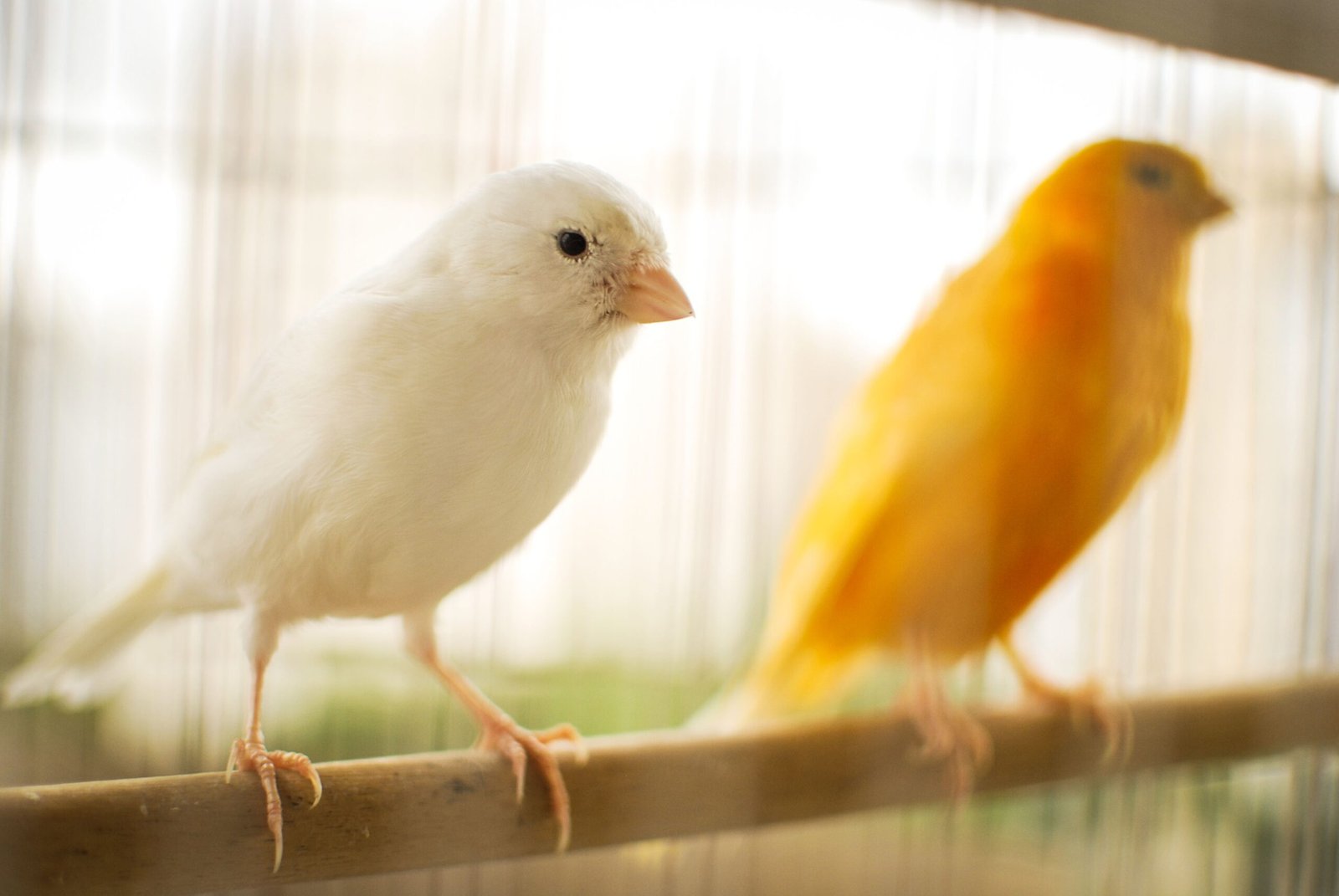
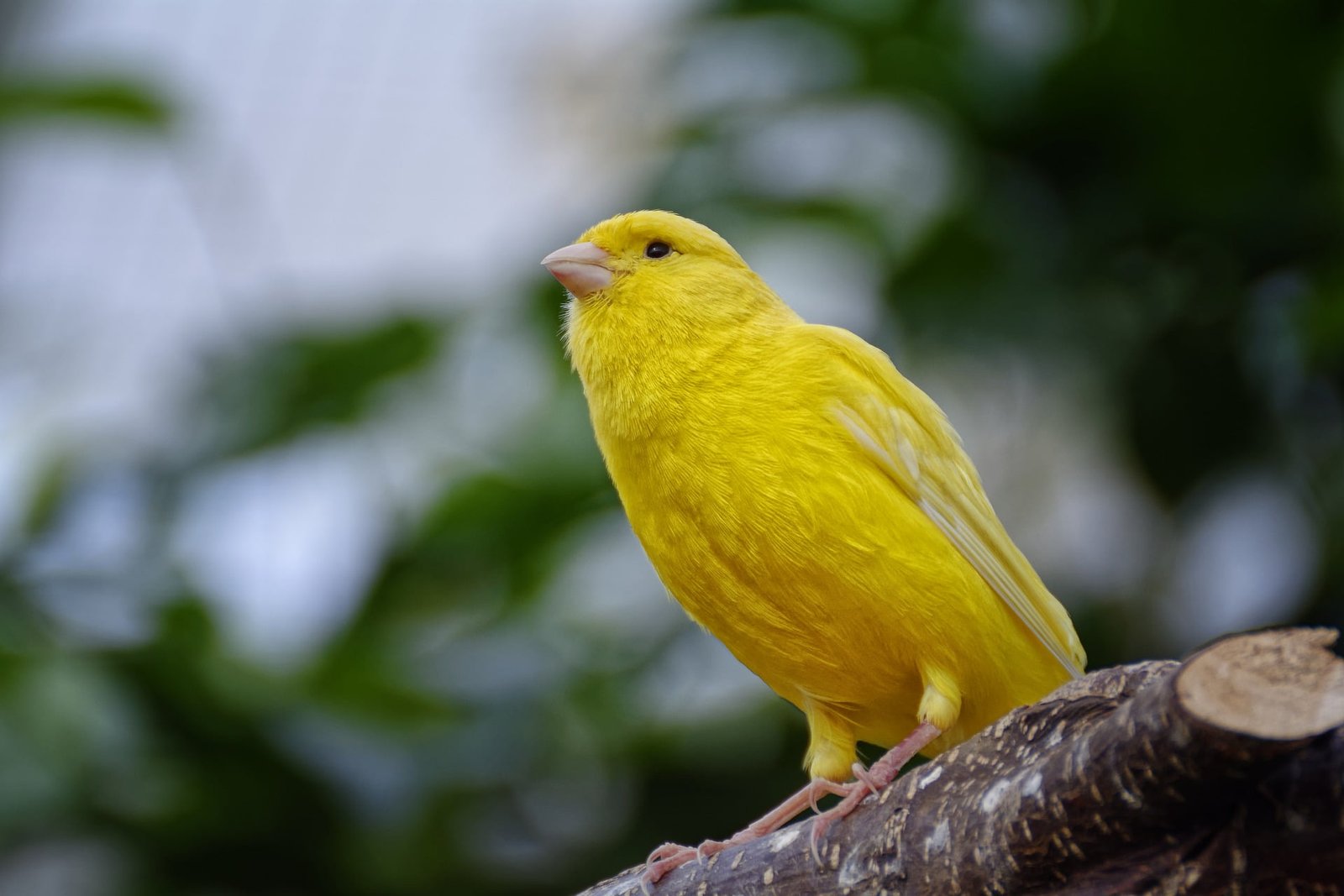
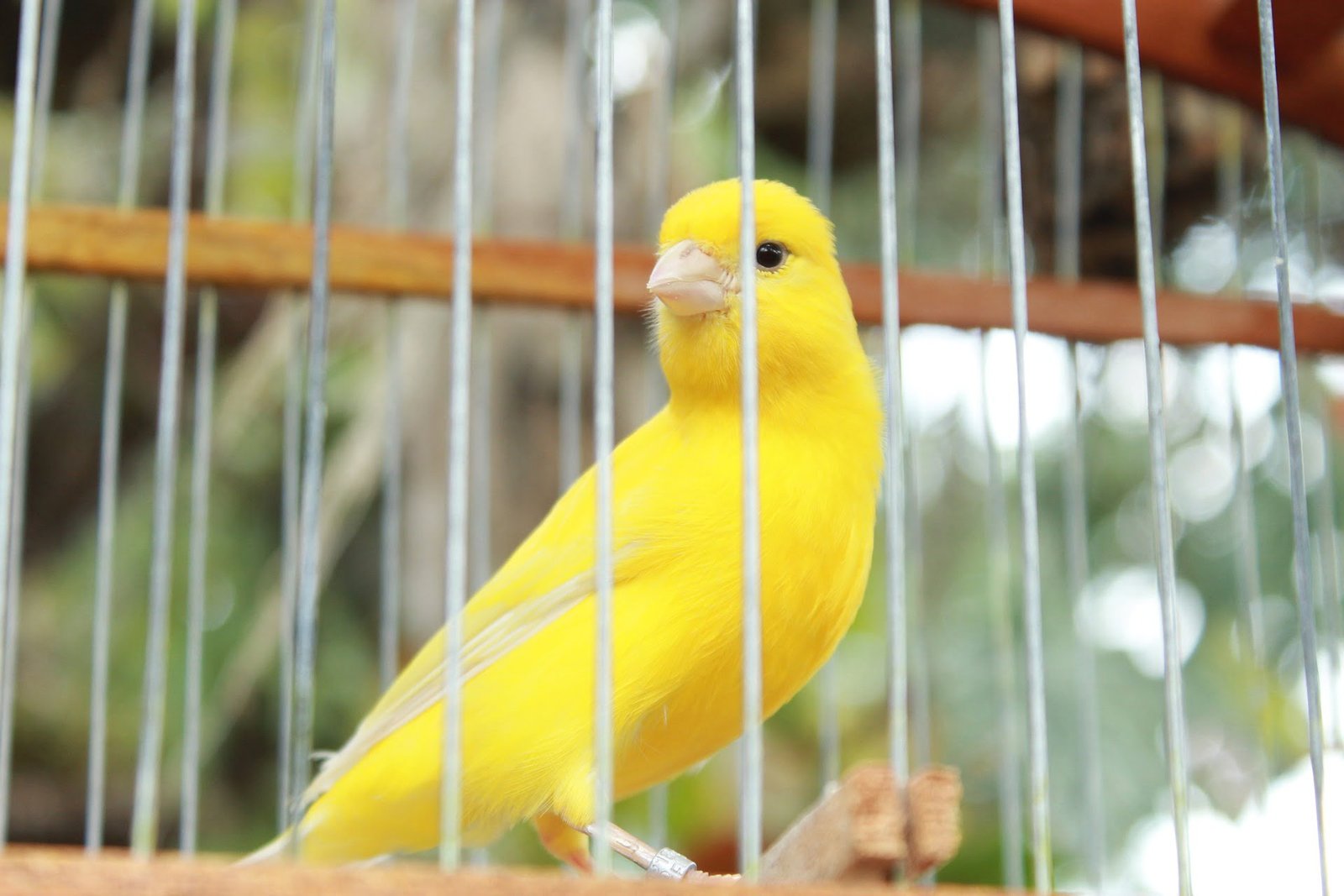
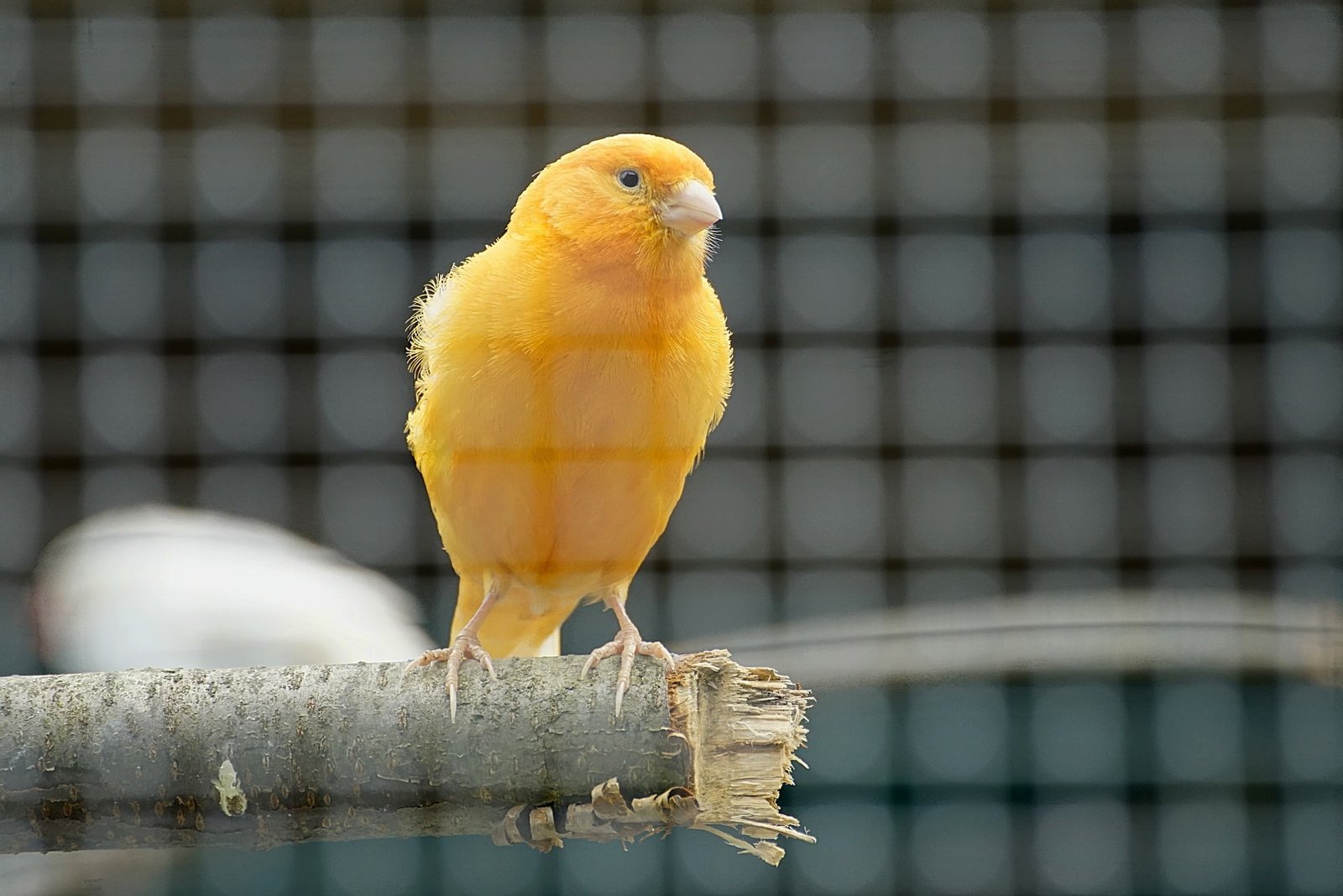
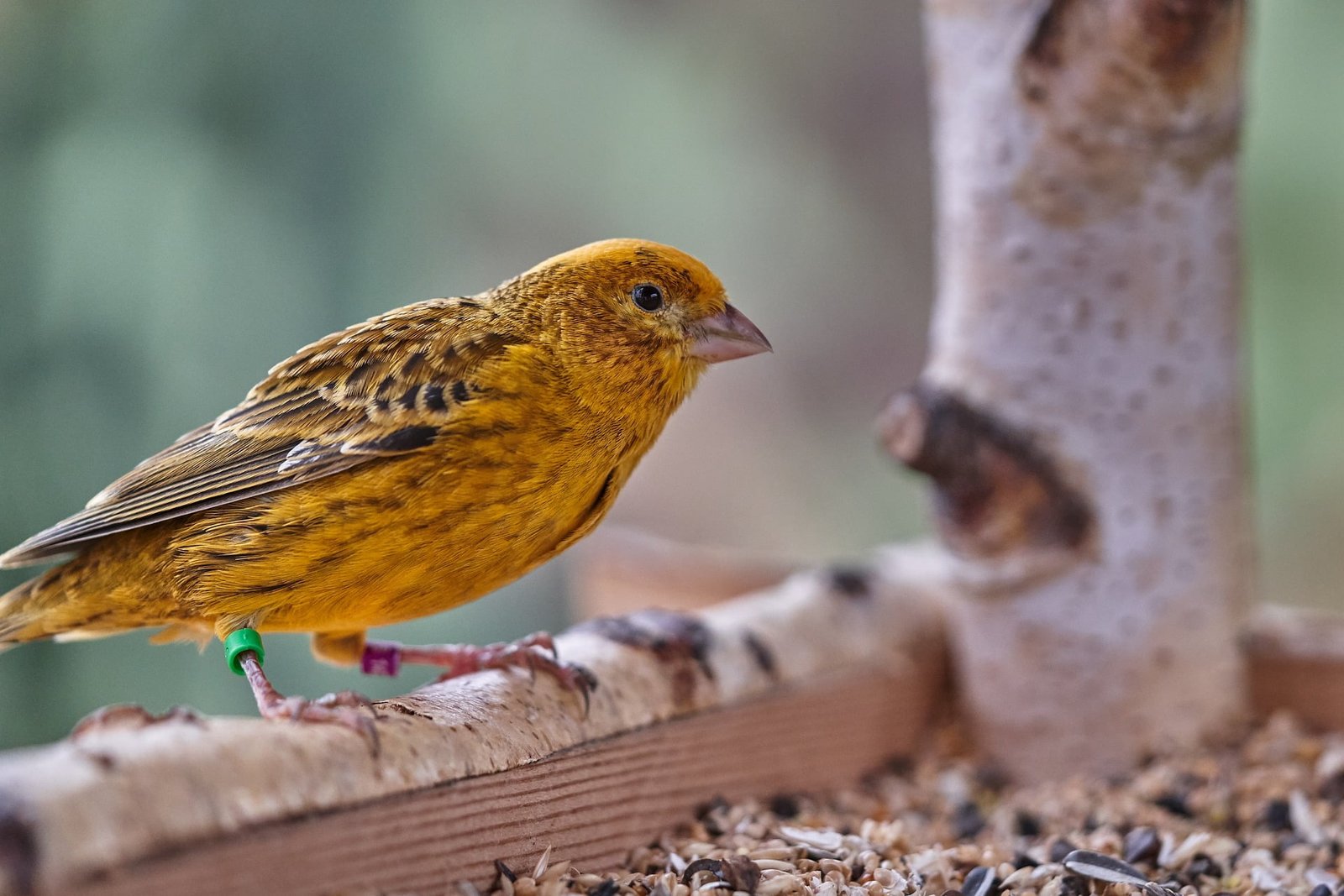
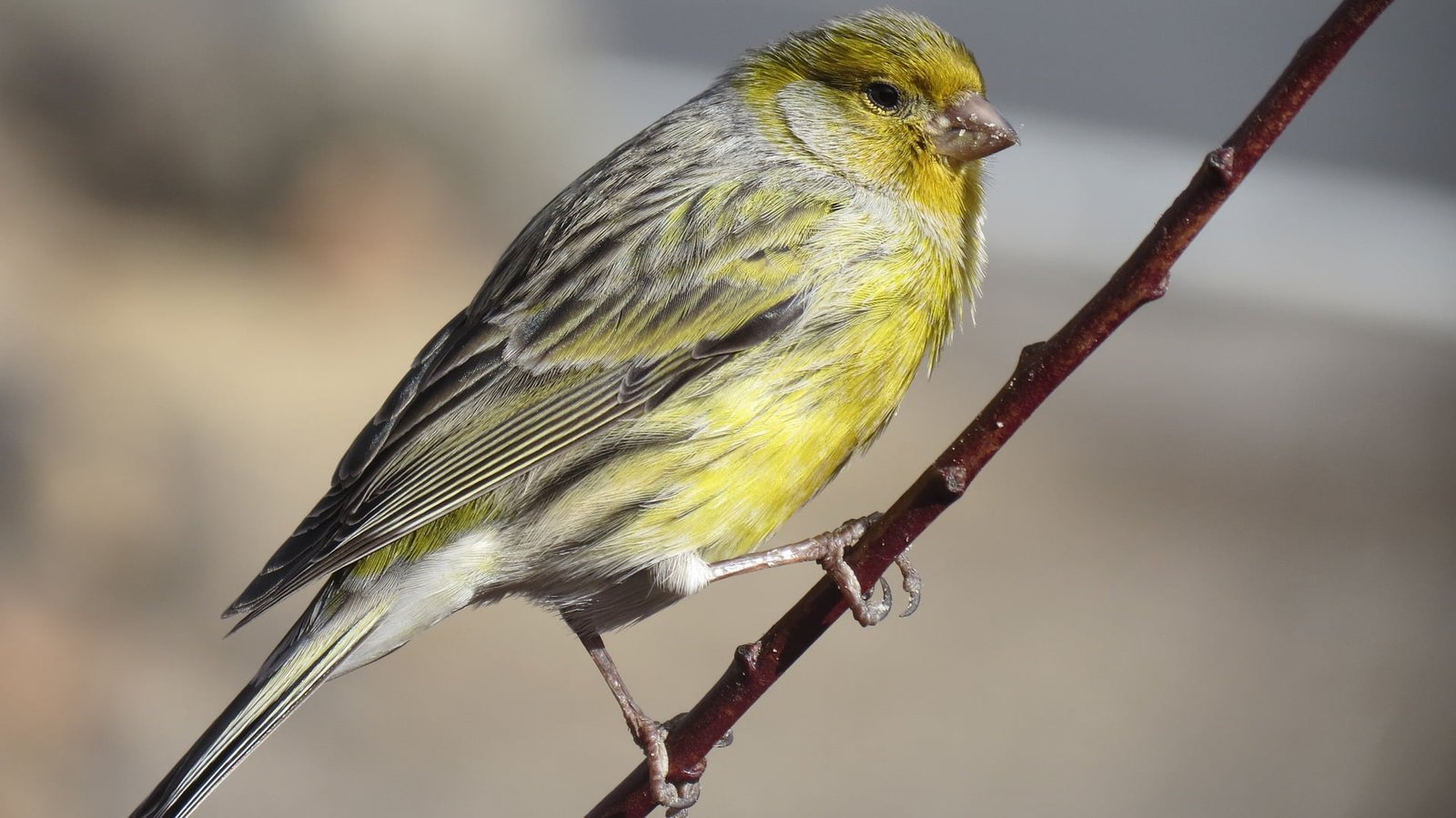
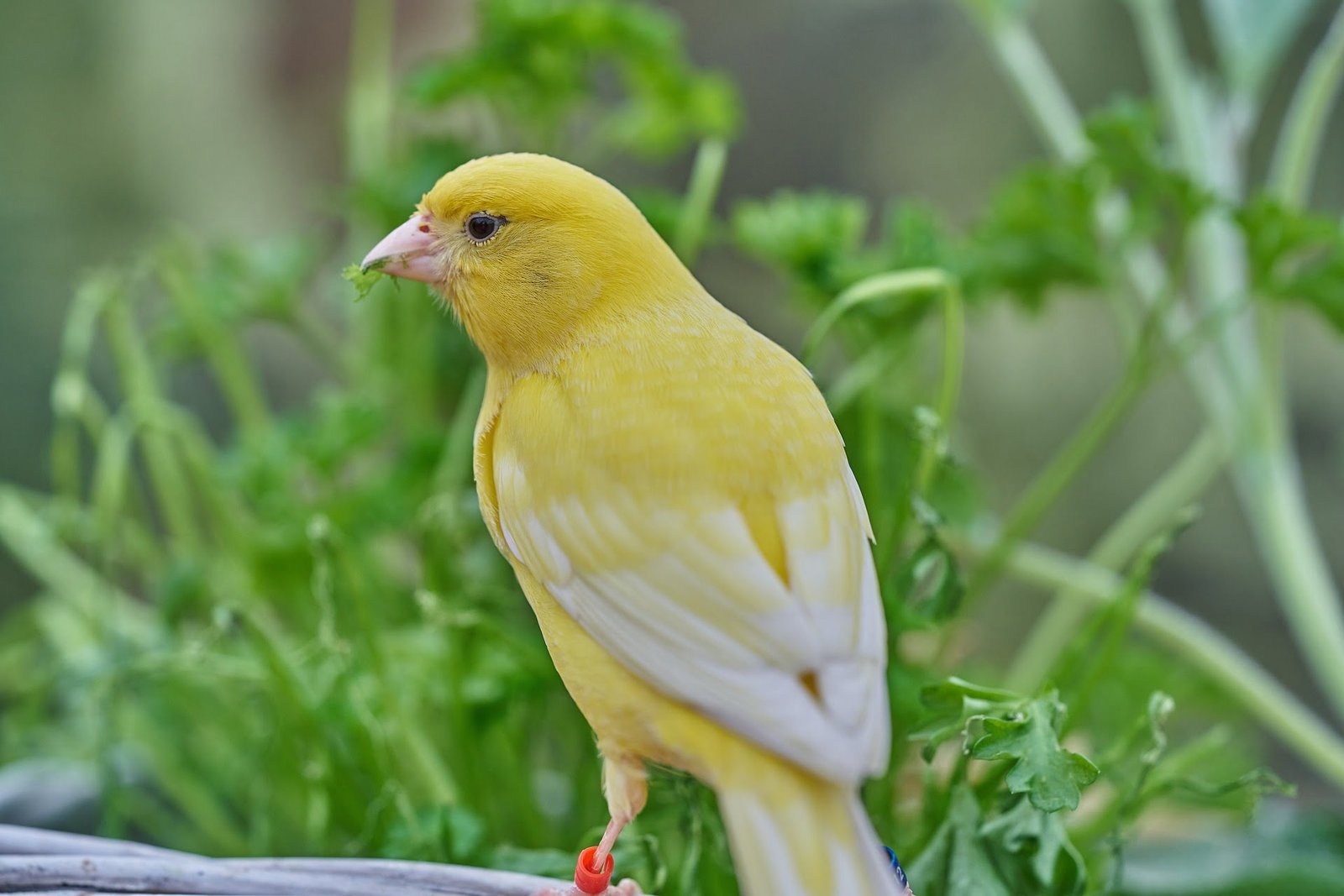
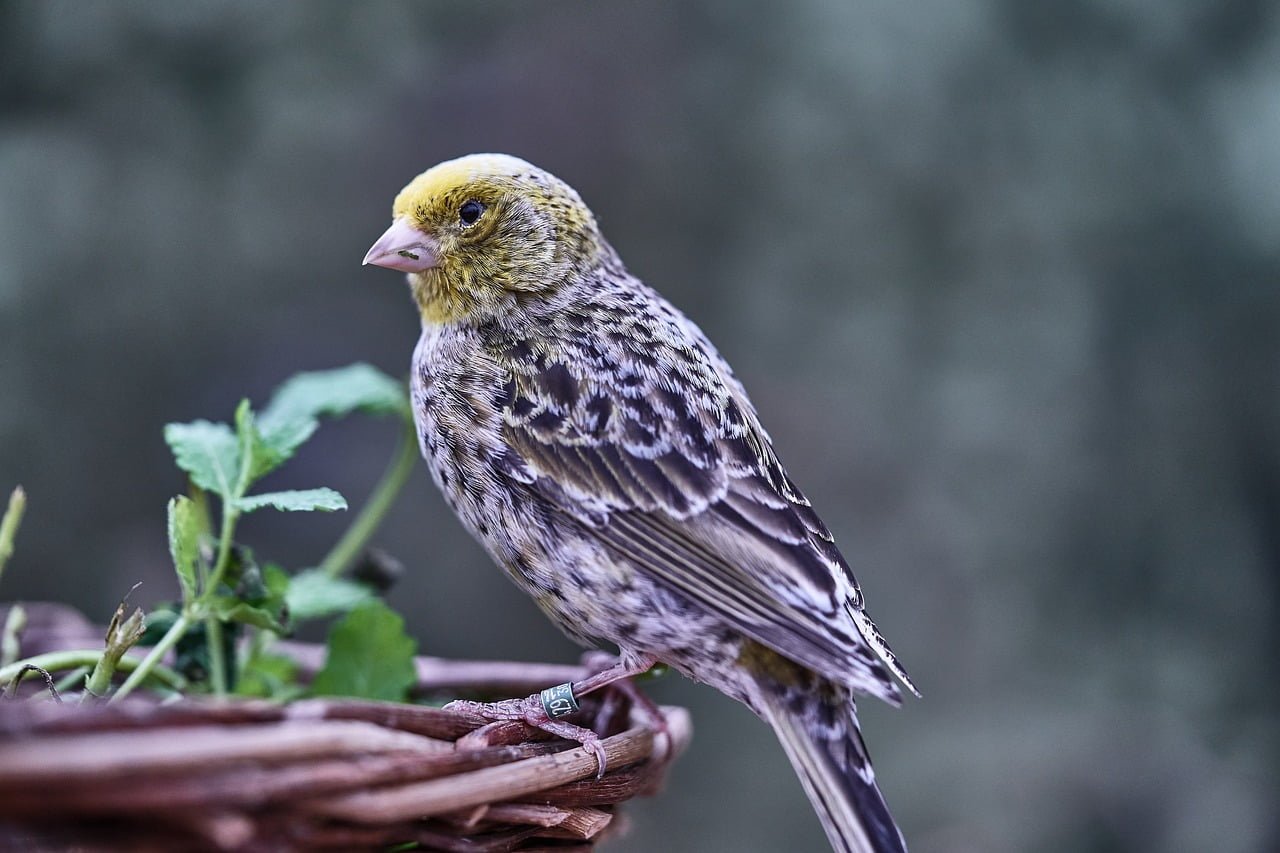
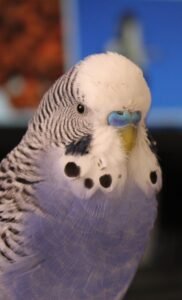

Pingback: 5 Best Family Bird | PETS LOVER BLOG